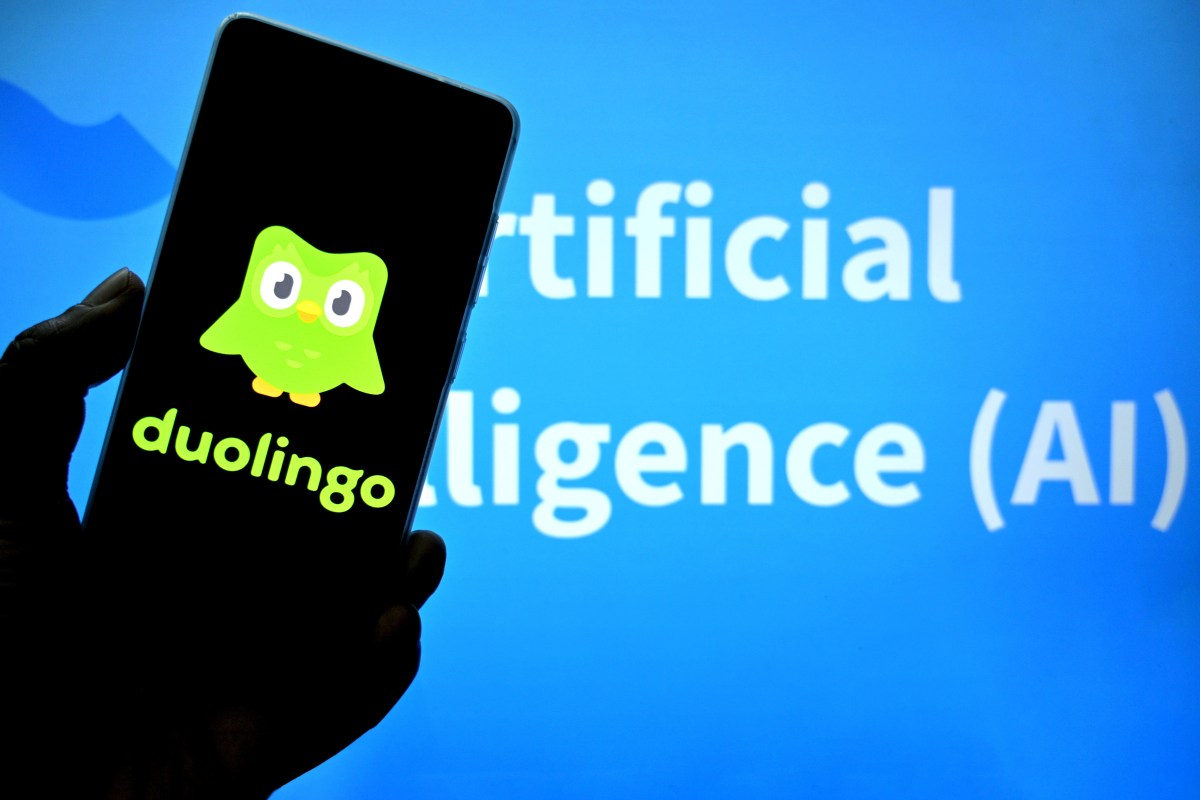Duolingo CEO says AI-first memo was misunderstood, not a plan for full-time layoffs

Duolingo’s chief executive addressed the backlash that followed the company’s shift to becoming an “AI-first” organization, saying the uproar stemmed from a lack of context rather than a plan to replace people with machines.
He explained that the strategy was broadly accepted inside the company, but outside observers assumed it was purely profit-driven or designed to cut human roles. He emphasized that the company has not laid off any full-time employees and has no intention of doing so.
At the same time, he acknowledged that Duolingo has adjusted its contractor headcount, noting that the number of contractors has historically risen and fallen based on operational needs. Those fluctuations, he said, predate the current push into artificial intelligence.
Despite criticism over the AI-first pivot, the company’s performance appears largely unaffected, and leadership remains enthusiastic about AI’s potential to improve the product. Teams dedicate Friday mornings to hands-on experimentation with new AI tools—a ritual jokingly nicknamed “frAI-days.”
The message from the top: AI is a cornerstone of Duolingo’s roadmap, but the goal is to augment how the company builds and delivers learning experiences, not to eliminate its full-time workforce.



